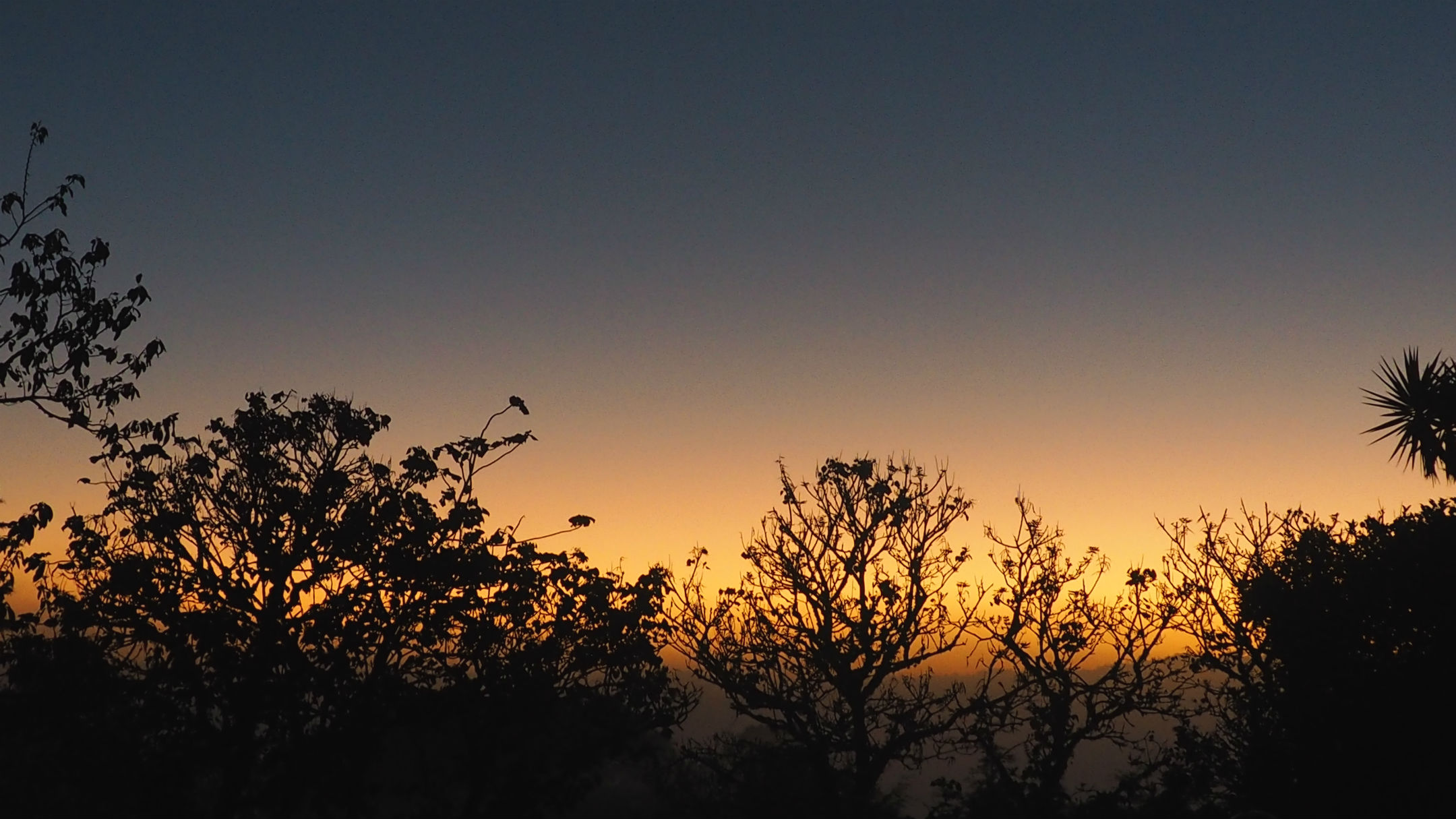Guatemala Acatenango Las Faldas GrainPro
Bags 0
Warehouses Seattle
Flavor Profile Pineapple, mango, caramel sauce
Out of stock
About this coffee
Grower
Pérez Family | Las Faldas
Altitude
1533 meters
Variety
Bourbon, Catuai, and Sarchimor
Soil
Volcanic loam
Region
Quisaché, Acatenango, Chimaltenango, Guatemala
Process
Fully washed and dried in the sun
Harvest
November- February
Certification
Conventional
Coffee Background
Las Faldas, the Spanish word for skirts, is an apt name for this offering from farms located in the rugged folds of the Acatenango volcanic coffee growing region near the city of Antigua.
Like a skirt's pleats, the story of Las Faldas has many deep layers. More than a 100 years ago, Maximiliano Perez Rosales established Las Faldas as a large estate with more than 1,500 hectares of rugged terrain and few inhabitants.
In the decades that followed, thousands of indigenous Kaqchikel Mayans who came to work for the harvest would eventually settle and form permanent communities within the boundaries of the estate.
Over the years the large estate, was handed down to the next generation and divided into parts that were sold to the indigenous families who settled there. Today, more than 300 farms, some still cultivated by Maximiliano's great grandchildren along with other indigenous farmers, form the community of Las Faldas.
Cherry from Las Faldas is taken to La Esperanza, a mill with its own storied history of receiving and processing cherry with traceability to the surrounding Antigua area, renowned for its cup profile and protected with its own origin mark.
Fermentation tanks at La Esperanza, located in an enclosed building, are often heated with the same forced air used to heat the mechanical dryers to maintain a relatively consistent 36-hour fermentation protocol despite sporadically cold conditions in Antigua.
Coffee is washed mechanically after fermentation and then pumped to a silo to remove water and pre-dry. The mill is equipped with mechanical dryers (guardiolas) and patios. Water is well managed and properly treated.
Dried parchment is taken to San Isabel, a dry mill in Guatemala City. San Isabel is equipped with multiple pieces of equipment to sort green coffee typical in most dry mills, such as, gravity beds, screens and electronic eyes. The mill also has a piece of equipment called a catadora, which is placed immediately after the dehuller and operates like a wind channel to remove broken and less dense coffee beans. Mild weather in Guatemala City provides ideal conditions



